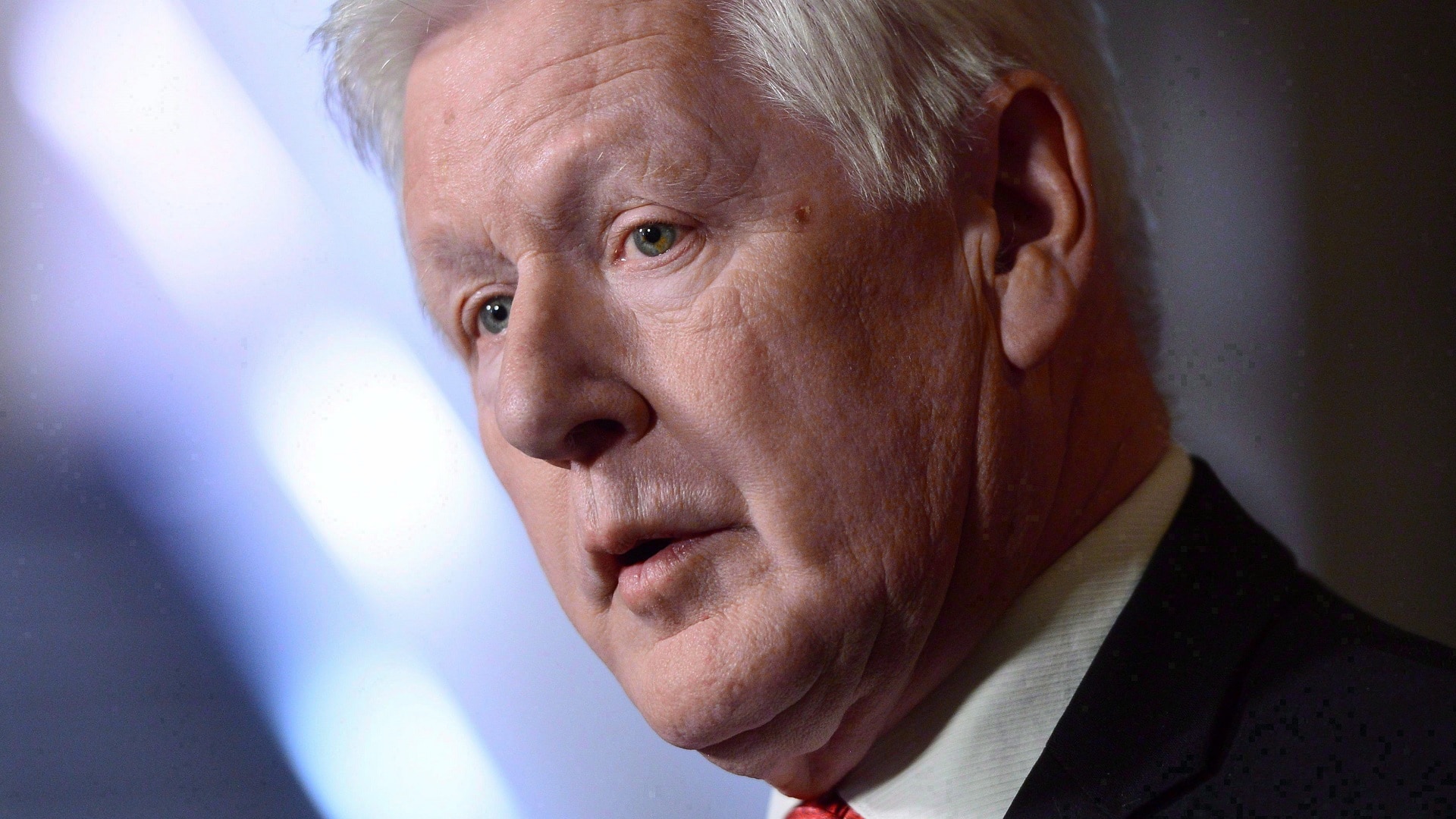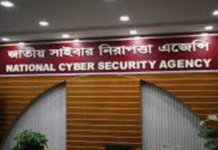Suu Kyi denies Myanmar genocide allegations at International Court of Justice
Myanmar’s former pro-democracy icon Aung San Suu Kyi on Wednesday denied the armed forces committed genocide against the Rohingya minority, telling the UN’s top court the exodus of hundreds of thousands of Muslims was the unfortunate result of a battle with insurgents.
More than 700,000 Muslim Rohingya fled 2017 army crackdown
The Associated Press · Dec 11, 2019

https://youtu.be/YvtvhvlJqoo?t=3 Myanmar’s former pro-democracy icon Aung San Suu Kyi on Wednesday denied the armed forces committed genocide against the Rohingya minority, telling the UN’s top court the exodus of hundreds of thousands of Muslims was the unfortunate result of a battle with insurgents.
Suu Kyi denied allegations the army had killed civilians, raped women and torched houses in 2017 in what Myanmar’s accusers describe as a deliberate campaign of ethnic cleansing and genocide that saw more than 700,00 Rohingya flee to neighbouring Bangladesh.
She said the allegations stem from “an internal armed conflict started by co-ordinated and comprehensive armed attacks … to which Myanmar’s defence services responded. Tragically, this armed conflict led to the exodus of several hundred thousand Muslims.”
Her appearance at the International Court of Justice (ICJ) was striking in that Suu Kyi was defending the very armed forces that had kept her under house arrest for about 15 years. She was awarded the 1991 Nobel Peace Prize in absentia for championing democracy and rights under Myanmar’s then-ruling junta. A small group of her supporters gathered Wednesday outside The Hague-based court.
Suu Kyi told the court the African nation of Gambia, which brought the legal action against Myanmar on behalf of the 57-country Organization of Islamic Cooperation, had provided “an incomplete and misleading factual picture” of what happened in Myanmar’s northern Rakhine state in August 2017.
Gambia alleges genocide was committed and is still ongoing. It has asked the world court to take action to stop the violence, including “all measures within its power to prevent all acts that amount to or contribute to the crime of genocide” in Myanmar.
Bob Rae, Canada’s special envoy to Myanmar, speaks from The Hague

Bob Rae says Rohingya need protection now
https://youtu.be/-tAY11lfWrM?t=43 In three days of hearings this week, judges are hearing the first phase of the case: Gambia’s request for provisional measures — the equivalent of a restraining order — against Myanmar to protect the Rohingya population until the case is heard in full.
Whether that will happen is not yet clear. But if the court grants the provisional measures, Canada’s special envoy to Myanmar, Bob Rae, said UN organizations and others may be granted access to Rakhine they’ve not had previously.
“From my point of view listening to the two sides, I’d say that the very least that we … should be able to get from the court is some greater degree of protection for the civilian Rohingya population,” Rae told CBC News Network on Wednesday.
Rae said Suu Kyi’s assertion the allegations are an internal matter that will be dealt with in Myanmar lacks credibility.
“The Myanmar army is not capable of taking the kind of action against its own members that clearly has to be taken,” Rae said.
Having travelled to the region several times since he was appointed to the envoy role two years ago, he said every conversation he had with someone now living in a camp for the displaced revealed “another atrocity.
“I flew over northern Rakhine — I’ve not been allowed to travel either by car or on foot in northern Rakhine apart from one small community — but I’ve seen burnt-out villages.”
Rae said he’s had interviews with women who describe being tortured and raped and the killing of their children.
But Suu Kyi said developments in one of Myanmar’s poorest regions are “complex and not easy to fathom.” She detailed how the army responded on Aug. 25, 2017, to attacks by insurgents trained by Afghan and Pakistan extremists.
Addressing the court in her capacity as Myanmar’s foreign minister, Suu Kyi insisted the armed forces had tried “to reduce collateral damage” during fighting in 12 locations. While conceding excessive force might have been used and one helicopter may have killed “non-combatants,” Suu Kyi said a Myanmar investigation is looking into what happened and should be allowed to finish its work.
Myanmar says genocide convention doesn’t apply
“Can there be genocidal intent on the part of a state that actively investigates, prosecutes and punishes soldiers and officers who are accused of wrongdoing?” she asked the court.
Suu Kyi and Myanmar’s legal team argued the genocide convention does not apply to Myanmar. They invoked Croatia during the Balkans wars in the 1990s, saying no genocide was deemed there when thousands of people were forced from their homes by fighting.
Although a UN fact-finding mission found “the gravest crimes under international law” had been committed in Myanmar and called for genocide trials, no court has weighed evidence and established a genocide in Myanmar.
On Tuesday, Gambia’s Justice Minister Aboubacarr Tambadou urged the ICJ to “tell Myanmar to stop these senseless killings, to stop these acts of barbarity that continue to shock our collective conscience, to stop this genocide of its own people.”
Also Tuesday, the U.S. slapped economic sanctions on four Myanmar military officers suspected of human rights violations. It sanctioned Min Aung Hlaing, commander of Myanmar’s armed forces, over allegations of serious rights abuses. Deputy commander Soe Win and two other military leaders, Than Oo and Aung Aung, were also targeted.
CBC’s Nahlah Ayed and Stephanie Jenzer travelled to Bangladesh in 2017 and Myanmar in 2018. Read some of their coverage here:
- CBC IN MYANMAR | 1 year after Rohingya exodus, only a handful have returned
- CBC INVESTIGATES | Did the UN ignore warnings of ethnic cleansing of Rohingya in Myanmar?
- PHOTOS | The Rohingya’s perilous journey from Myanmar to Bangladesh
“There are credible claims of mass-scale rape and other forms of sexual violence committed by soldiers under Min Aung Hlaing’s command,” a U.S. statement said.
Gambia has argued it is every country’s duty under the convention to prevent a genocide from taking place. Gambia has political support from the 57-member Organization of Islamic Cooperation, Canada and the Netherlands.
Canada moved to revoke Suu Kyi’s honorary citizenship in 2018. It had been granted more than a decade earlier for her pro-democracy work.
The court’s hearings on Myanmar are scheduled to end Thursday.
With a file from CBC News and Reuters









